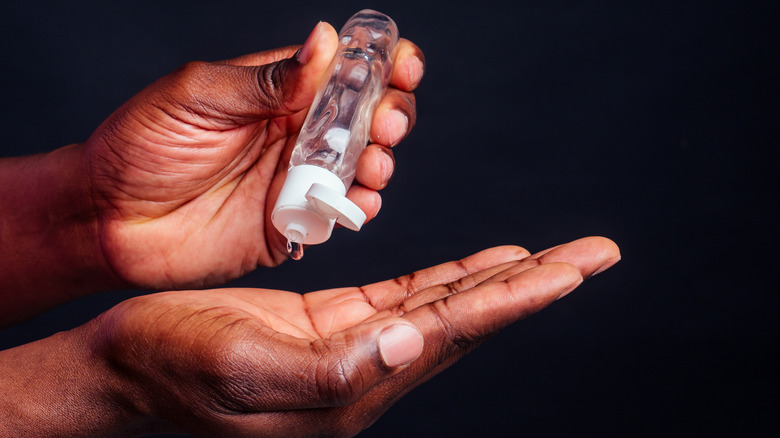
Masturbation and erectile dysfunction (ED) are often shrouded in misconceptions. For men, it’s easy to feel confused about the true relationship between these two topics.
Erectile dysfunction—a condition where achieving or maintaining an erection is difficult—is quite prevalent. While various factors influence ED, age is a major consideration, but conditions like heart disease, diabetes, obesity, and hypertension also play significant roles, as noted by the Mayo Clinic.
Masturbation can indeed impact erectile dysfunction, but perhaps not as you might think. A 2018 survey by sex toy brand Tenga revealed that 92% of American men engage in masturbation. Despite this high figure, there are persistent rumors that it may lead to erectile dysfunction. The confusion likely stems from the concept of the refractory period, a phase in which a male requires recovery time post-ejaculation before being able to achieve another erection.
Dr. Jamin Brahmbhatt, a urologist, explained to Men’s Health that recovery time varies: teenagers may need just minutes, while men in their 30s and 40s could take upwards of 30-60 minutes or longer. Therefore, it’s not masturbation that causes ED, but rather the physiological need for a break between sessions.
In fact, abstaining from masturbation may elevate the risk of erectile dysfunction due to both physical and psychological factors.
Masturbation Aids in Preventing Erectile Dysfunction by Strengthening the Pelvic Floor
Masturbation is not only a natural part of human sexuality; it also contributes positively to physical health. Regardless of gender or sexual orientation, masturbation offers numerous benefits. It acts as an excellent way to exercise the pelvic floor, which is crucial in maintaining healthy erectile function and preventing incontinence.
A 2021 study published in Scientific Reports highlighted that regular exercise of the ischiocavernosus and bulbocavernosus muscles within the pelvic floor increases pressure in the intracavernous space of the penis, promoting firmness. The study also found a link between weak pelvic floor muscles and erectile dysfunction.
Consequently, you might reconsider stopping masturbation. Each masturbation session presents an opportunity to workout these vital muscles, reducing the likelihood of erectile dysfunction and potentially enhancing libido.
Masturbation Benefits Mental Wellbeing, Addressing Erectile Dysfunction
Ceasing masturbation not only deprives the body of a means to strengthen the pelvic floor, but it also impacts mental health related to erectile function. While various medical issues can cause erectile dysfunction, many instances are rooted in psychological factors such as stress, depression, and anxiety, including performance anxiety. Successfully achieving and maintaining an erection during masturbation can bolster confidence, translating to improved performance during partnered intercourse, as highlighted by WebMD.
Ultimately, when you abandon masturbation, you may experience unexpected side effects, one of which could be an increased risk of erectile dysfunction. While experiencing erectile dysfunction occasionally is nothing to feel shameful about, regularly engaging in masturbation could help mitigate this risk. If concerns about compulsive behavior have prompted you to stop, it’s advisable to consult with a healthcare professional.












